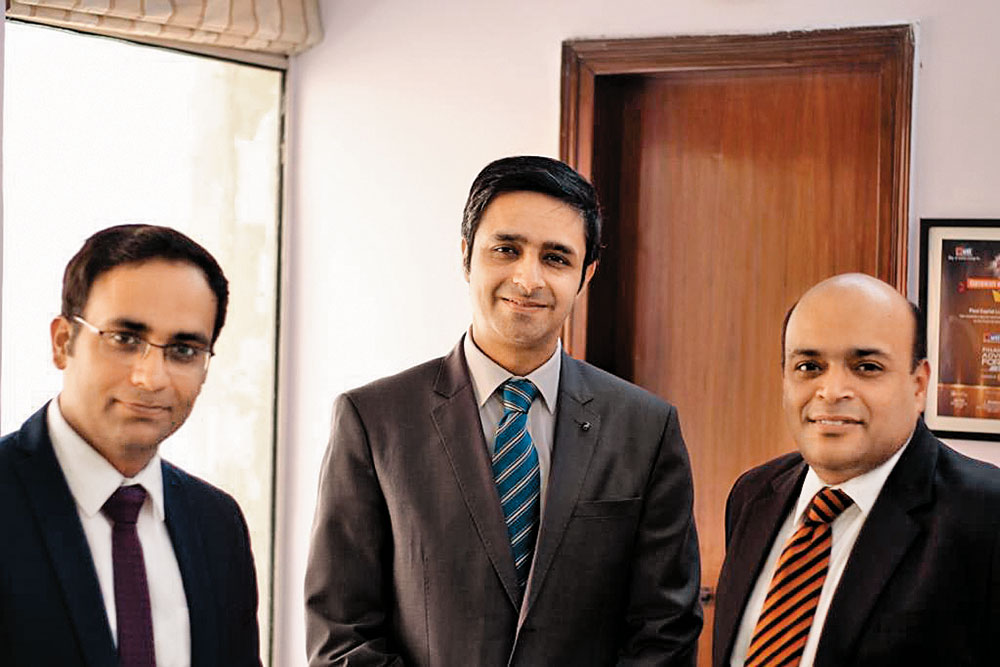Changes in the recently passed Finance Bill in March 2023 may have gotten everyone thinking about what is going to happen next to my portfolio and investments especially in debt mutual fund space. Apart from debt funds, another popular instrument - Market Linked Debentures - also lost its tax arbitrage that it offered investors over the years. Consequently, the noise that followed this development among the finance circles was no surprise. Now that the dust has seemingly settled, let us consider in real terms how an investor will be impacted by these changes.
Over the years, debt funds offered indexation benefits if an investment was held for more than three years. This was not the only reason why debt funds were popular. What investors forgot in the noise is that one of the foremost benefit of debt funds is the easy liquidity aspect it provides. And this benefit is available even after 31st March 2023. Apart from Fixed Maturity Plans, all the other types of debt mutual fund offer liquidity ranging from 24 hours to 48 hours with no penalty attached. This is significant because early withdrawal from traditional fixed income options come with a small penalty.
Apart from this, another benefit of debt mutual fund is that the corpus is managed by professional fund managers and their teams who operate within the strict guidelines as specified by the market regulator. This ensures that the fund manager does no go overboard on risk parameters thereby ensuring overall safety of the investments made. Furthermore, within a single fund one get access to a variety of bonds thereby ensuring that the risk element is diversified in nature. Even if a negative development were to occur, the impact would be minimal on the overall portfolio.
Today, debt funds are offering yields of upto 8% (gross) and given that the US inflation is stoking fears of further rate hikes by the Fed, India’s real rates are poised to be higher than the US real rates. As a result, we believe, the 3-to-7-year portion of the yield curve looks attractive currently. Investors should use this opportunity to park funds into those debt funds which invest into this duration.
It is only after all these factors does taxation matter and that too after a redemption is made. Making an investment call just on the basis of taxation is an erroneous approach.
This brings us to the next asset class i.e. equities – which remains unaffected by the changes brought about by the Finance Bill. Given the turbulent international markets, geopolitical tensions and fears of recession looming, investors are not sure whether to invest or sit on the sidelines. To help reach a factual decision, let us consider some facts about India which will get one thinking about the unfolding India story. India’s overall exports crossed an all-time high of US$ 750 Billion in the 75th year of independence. India’s factory output rose to 5.2% in Jan 2023 surpassing estimates, FASTag toll collection grew 46% to Rs. 50,855 crs in 2022, India’s defence equipment exports reached Rs 16,000 crs last fiscal and India’s Manufacturing PMI rose to three-month high of 56.4 in March 2023.
In the light of all these stats, the obvious answer is that if one wishes to participate in the India growth story, then they have to invest in Indian equities. This does not mean invest at any market levels. The current valuation at 17.5x is slightly at a premium over its 1-year forward PE of 17x. This is a neutral territory, wherein investors can use STP (Systematic Transfer Plan) and SIP (Systematic Investment Plan) to stagger their investments subject to an individual’s risk appetite.
As we started by saying change is the only constant whether it is the situation on interest rate reaching its terminal rate or the RBI pausing the rate hike cycle or the Finance Bill making amendments, we need to remain focused on our financial goals and be disciplined in our investment journey with patience being the key along the journey. Remember, when it comes to long-term wealth creation there is no substitute for patience.
The authors are promoters of Flexi Capital Private Limited, an AMFI registered Mutual Fund Distributor, offering investment services headquartered in New Delhi. They can be contacted at partners@flexicapital.co.in
Nasser Salim, Sanket Kapoor & Ankit Sehgal, Partners, Flexicapital Private limited
Disclaimer
The views are personal and are not part of the Outlook Money editorial Feature.










